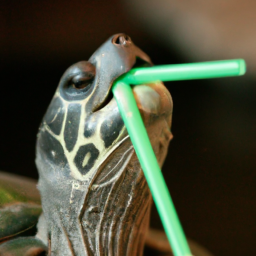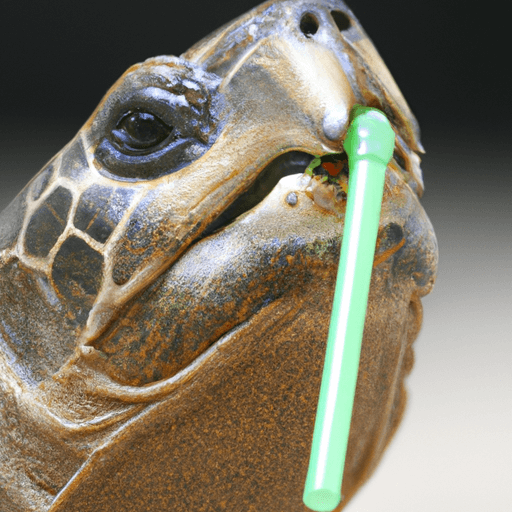468
Newsletter
Subscribe to our newsletter for exclusive content, latest news and trends, and exciting new features.
Tranding
Categories
Science and natureSports and fitnessPets and animalsEntertainmentTechnologyBusiness and entrepreneurshipGaming and esportsLifestyleEducation and learningHealth and wellnessLiterature and writingMusic and EntertainmentHome and gardenTravel and tourism
Environment and sustainabilityArts and cultureFood and cookingBeauty and personal care




















Comments
Leave a Comment